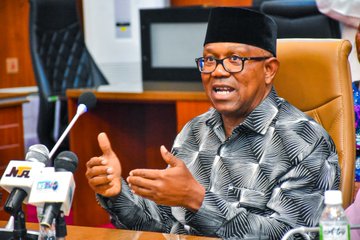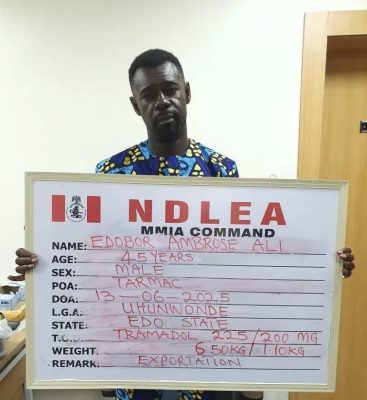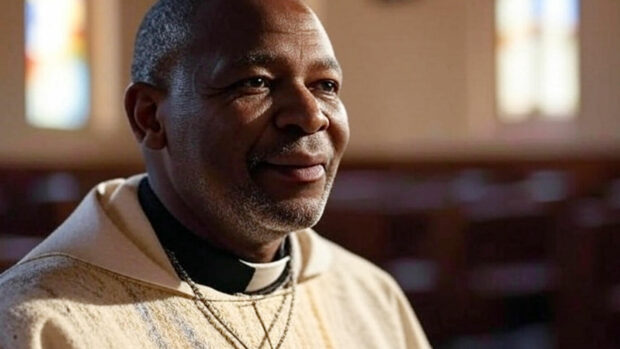
FG Unveils Sale of Recovered 753-Unit Estate: A Triumph for Transparency
In a landmark move underscoring Nigeria’s commitment to accountability, the Federal Government has officially opened the sale of a sprawling 753-unit housing estate in Abuja, formerly linked to ex-Central Bank Governor Godwin Emefiele. Recovered by the Economic and Financial Crimes Commission (EFCC), the estate’s handover marks a pivotal step in repurposing seized assets for public benefit.
Key Highlights of the Estate Sale
- Location: Lokogoma District, Abuja, spanning 150,462.86 square meters.
- Recovery: EFCC seized the estate after investigations revealed illegitimate ownership.
- Infrastructure Plans: Structural tests, fencing, roads, drainage, and recreational facilities to be added.
- Transparency Pledge: Units sold via competitive bidding on the Renewed Hope Housing Portal, with some reserved for government needs.
A New Chapter in Anti-Corruption
At the handover ceremony, EFCC Chairman Olanipekun Olukoyede declared:
“This estate proves that proceeds of crime won’t be relooted. Under Tinubu’s Renewed Hope Agenda, recovered assets serve Nigerians, not corrupt elites.”
Housing Minister Ahmed Dangiwa echoed the sentiment, praising the EFCC’s rigor:
“This isn’t just about bricks and mortar—it’s about restoring trust. We’ll ensure every naira from this sale benefits citizens.”
Roadmap for the Estate
- Joint Inspection: EFCC and Housing Ministry to assess the estate’s condition.
- Technical Evaluations: Integrity tests and cost analysis for infrastructure upgrades.
- Sales Process:
- Public Access: Units available via the Renewed Hope Housing Portal.
- Competitive Bidding: Ensuring fairness and transparency.
- Government Reserves: Select units earmarked for civil servants and security personnel.
Why This Matters
- Anti-Corruption Momentum: The sale aligns with Tinubu’s pledge to repurpose illicit assets for public good.
- Housing Deficit Relief: Adds 753 units to Abuja’s housing stock amid a national shortage.
- Economic Boost: Infrastructure upgrades will create jobs and stimulate local businesses.
Challenges & Next Steps
- Timely Completion: EFCC vows to monitor progress and report directly to the President.
- Public Trust: Sustaining transparency in sales is critical to legitimizing anti-corruption efforts.
- Scaling Success: Stakeholders urge replication of this model for other recovered assets.
Join the Conversation!
What’s your take on repurposing seized properties for public use? Should more estates follow this model? Share your thoughts below!
[CTA]: “Subscribe for updates on Nigeria’s anti-corruption wins, housing projects, and economic reforms.”
Why This Matters:
The sale symbolizes Nigeria’s evolving fight against graft—transforming ill-gotten gains into community assets. By prioritizing transparency, the Tinubu administration aims to rebuild public trust and address critical infrastructure gaps.
Stay tuned as we track the estate’s transformation and its impact on Abuja’s housing landscape.

















Be the first to leave a comment